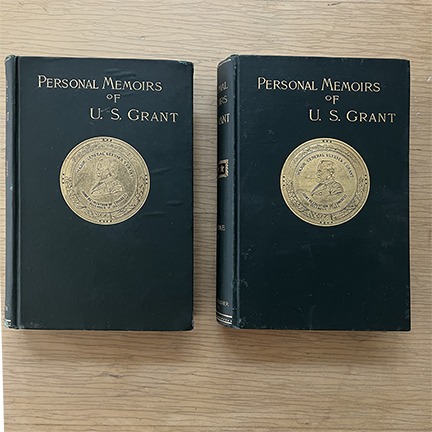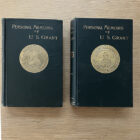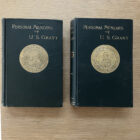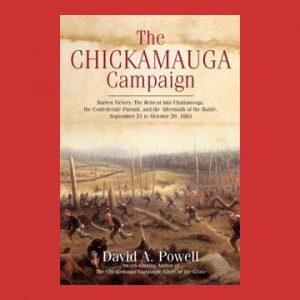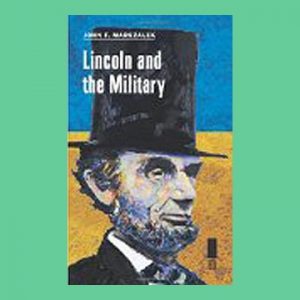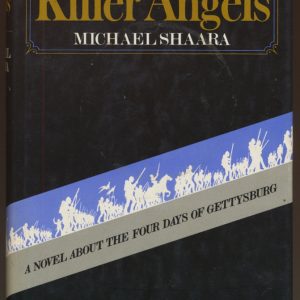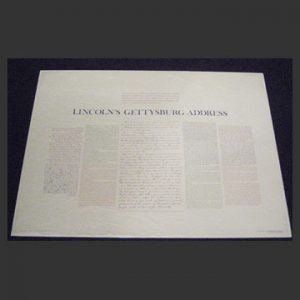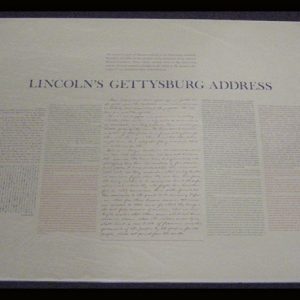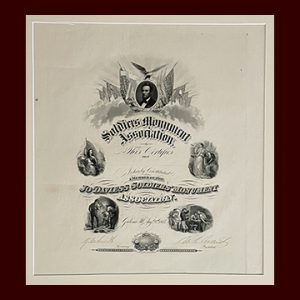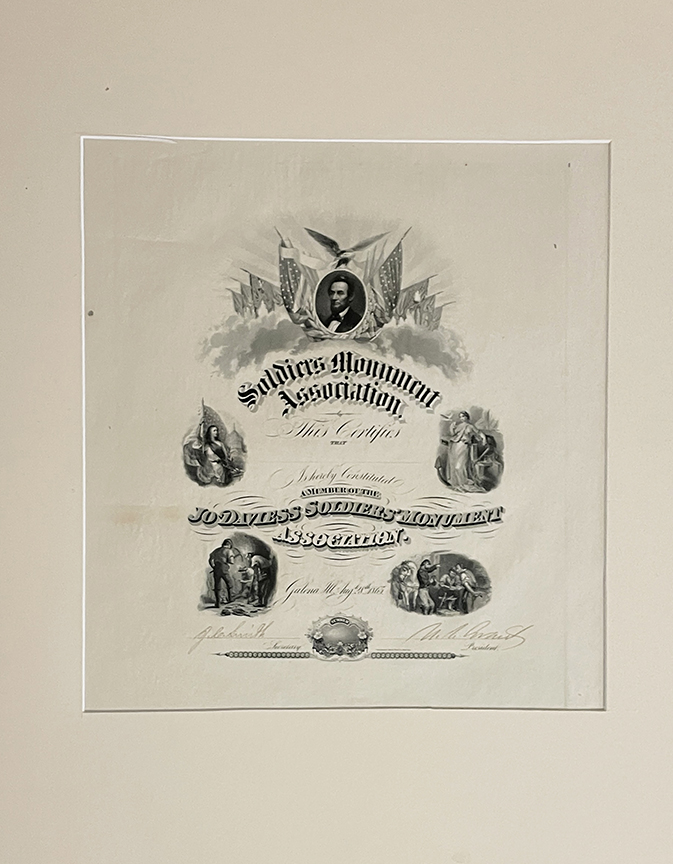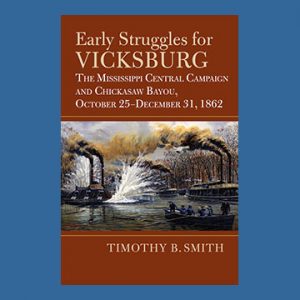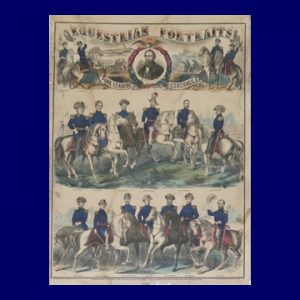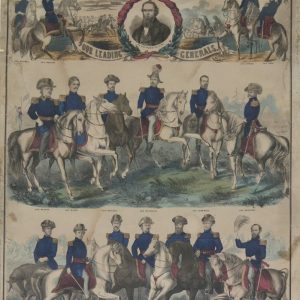Ulysses S. Grant, Personal Memoirs of U.S. Grant, 1st Trade Edition
$775.00
Grant’s Memoirs, A Classic in American Literature
This product requires special shipping considerations. Shipping and insurance charges are additional.
Questions
Call (312) 944-3085 or email us here.
Reserve ItemDescription
Offering U.S. Grant’s Personal Memoirs of U.S. Grant, the Green Shoulder Strap First Trade Edition.
Written as Grant was dying of cancer in 1885, the two-volume set was published by Charles L. Webster and Company shortly after Grant’s death. This is one of three states for the original first edition, at once the most common and the most sought after by collectors.
Each copy includes what looked like a handwritten note from Grant himself; a note that vexes booksellers even today.
Still in print, it is considered the gold standard of the Memoir genre and is considered by many as the finest memoir of any of our presidents, rivaled only by Eisenhower’s Crusade in Europe.
Finished by July 20, 1885, three days before his painful death, these books are ranked as among the finest memoirs from any U. S. president. Published in 1885-6, the initial printing of 200,000 of two octavo volumes were sold only by subscription.
Hinges in both volumes starting, minimal shelf wear, else very good.
Grant, Ulysses S. PERSONAL MEMOIRS OF U. S. GRANT. NY: Charles Webster, 1885. 1st trade edition; 2 vols.; distinctive shoulder straps on each spine.
You may also like…
-
Ulysses S. Grant, Printed Document, Signed, Soldier’s Monument Association
$3,500.00 -
Timothy B. Smith, Early Struggles for Vicksburg: The Mississippi Central Campaign and Chickasaw Bayou, October 25-December 31, 1863 1st ed., Signed on Bookplate
$59.95 -
Equestrian Portraits Of Our Leading Generals – Print
$3,800.00
